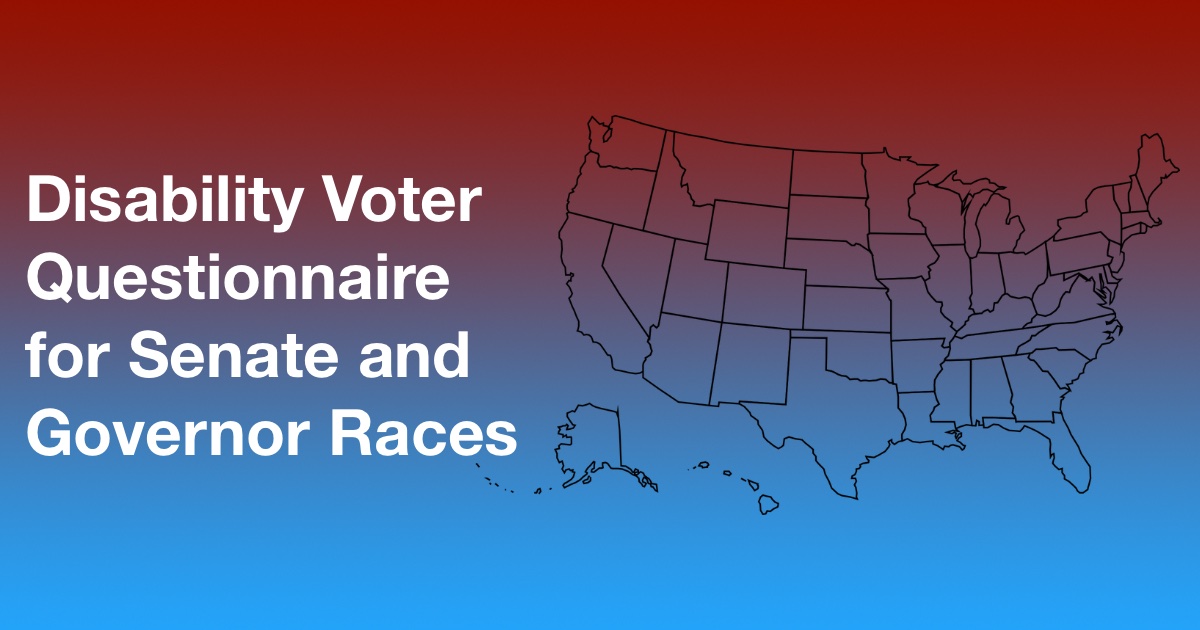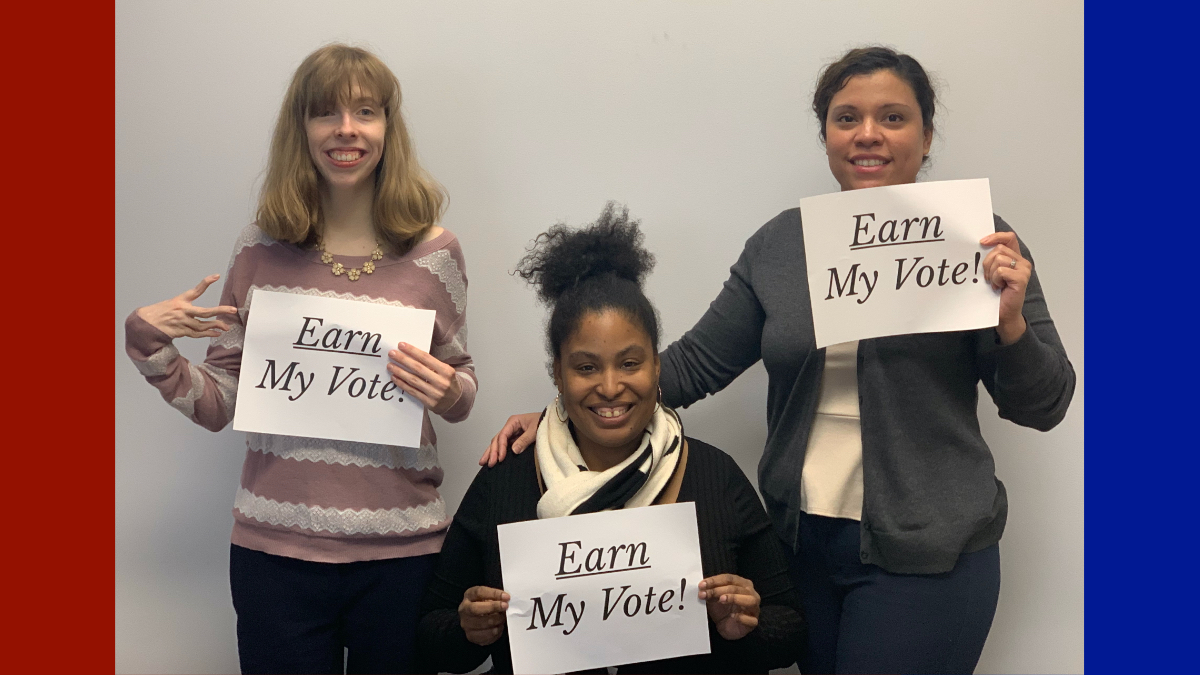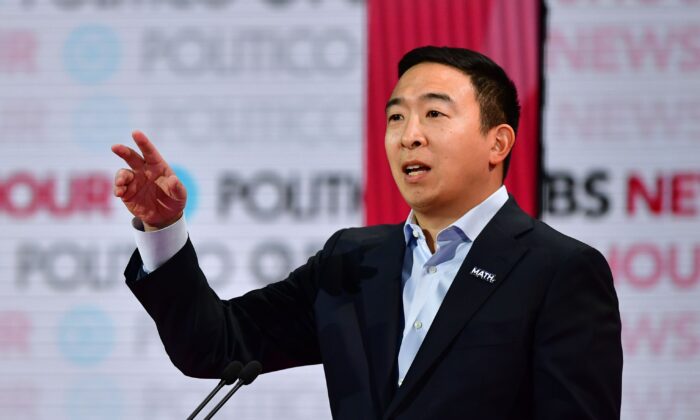Key actions and positions posted on the intersection of disability and education, jobs, immigration, climate crisis, criminal justice and more

Portland, ME, Sept. 8 – In response to RespectAbility’s 2020 Disability Voter Questionnaire for Senate and Governor Races, Maine’s Republican Senator and embattled incumbent Susan Collins has responded with the following letter detailing some of her major legislative accomplishments, her past efforts to support Mainers with disabilities and her vision for the future of this country. The questionnaire is from RespectAbility, a nonpartisan nonprofit disability organization that does not endorse candidates. The questionnaire is purely for educational purposes. RespectAbility has reached out to key Senate and gubernatorial campaigns on both sides of the aisle and will be posting all responses on The RespectAbility Report.
While Sen. Collins did not answer each question directly, the full text of her letter follows:
Dear Mr. Kahn-Pauli,
Thank you for reaching out to inquire about RespectAbility’s policy priorities. I believe that actions speak louder than words, which is why it is my policy to allow organizations to grade me on my voting record, rather than on answers to questionnaires.
I welcome the opportunity to share my record in support of full community engagement for the one out of five Americans living with disabilities. This minority is the largest in the nation, and unique in that it is the only type that any individual can join at any point in their lives. As Senator and as Chairman of the Senate Aging Committee, I have long advocated for policies to promote equal opportunities and inclusive services for people with disabilities from childhood to senior years. We have made strides to improve education, employment, healthcare, and housing for people with disabilities. Now, in light of the COVID-19 pandemic, which has exacerbated disparities, we must further advance public policies to promote inclusion for those living with disabilities, and I’m committed to achieving this goal.














